


How to Tell if Your Pet Has Allergies

Why Do Dogs Lick Their Paws?



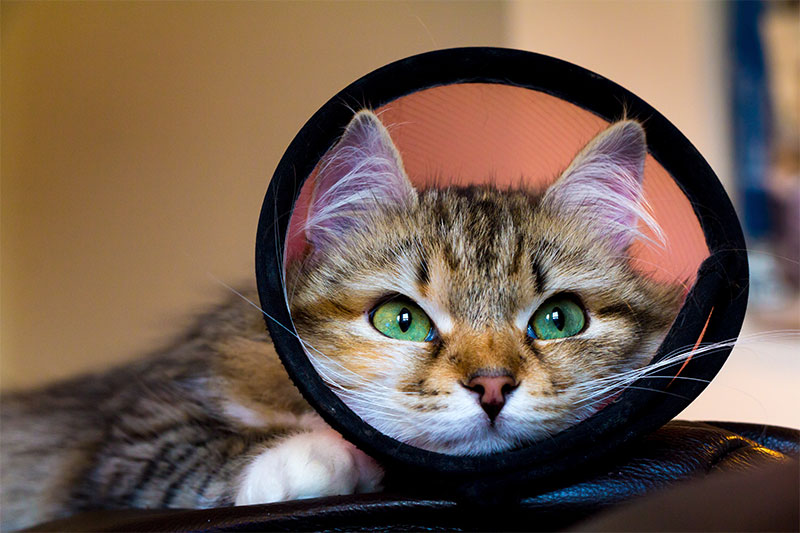

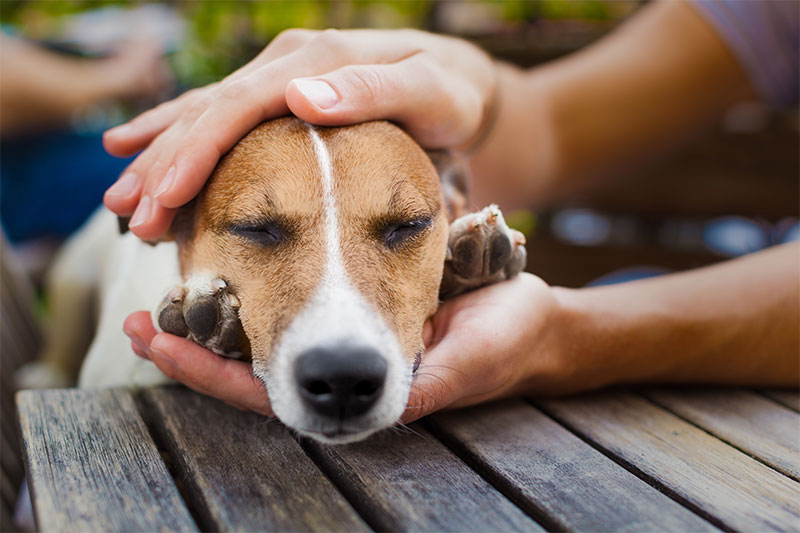


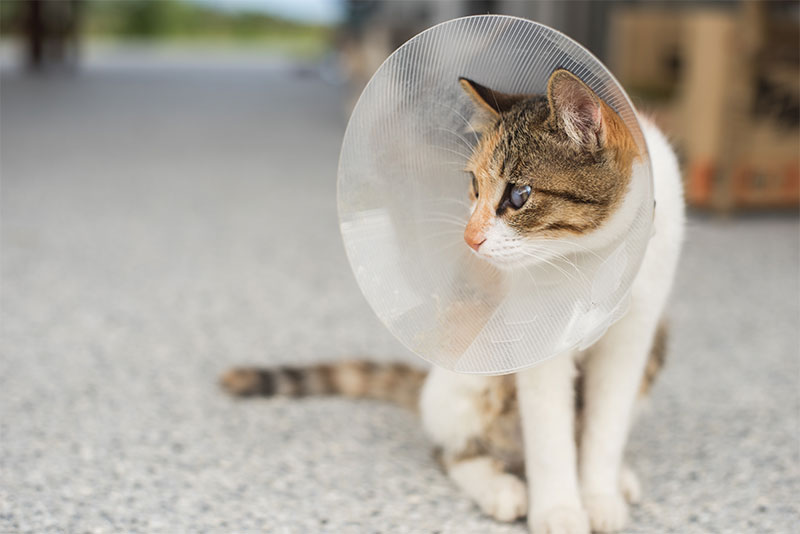




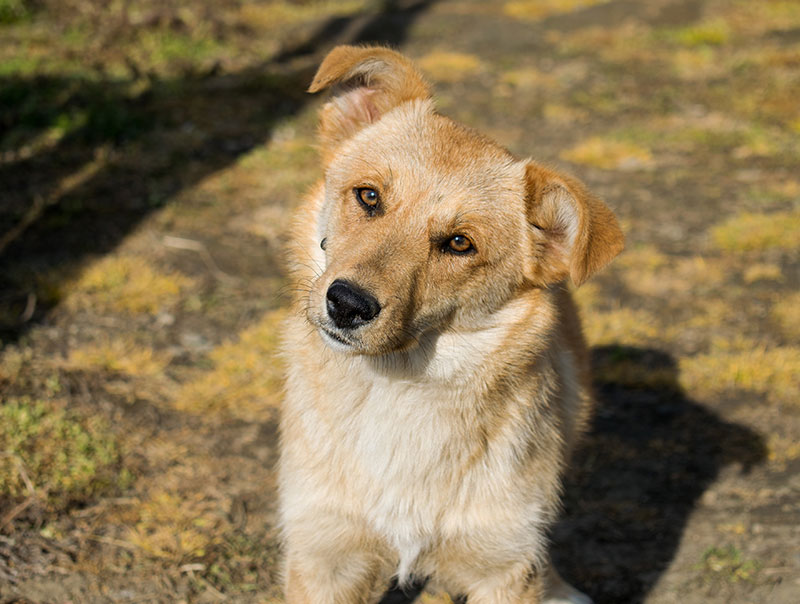

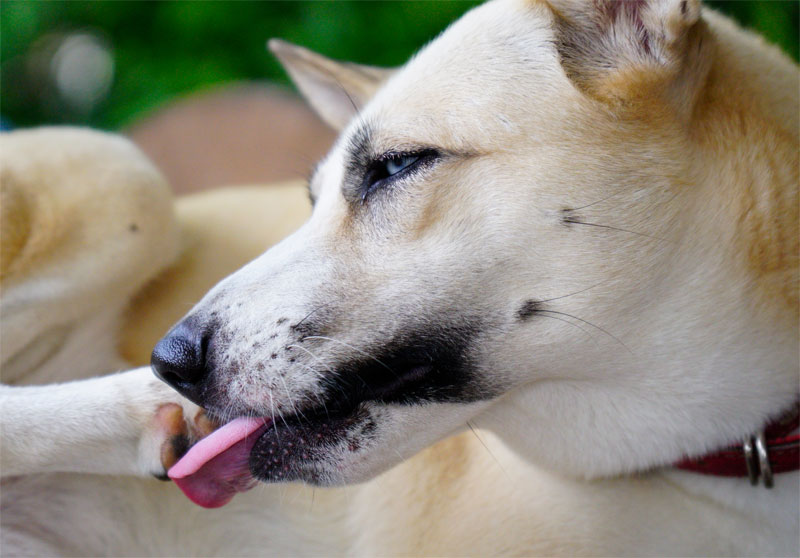





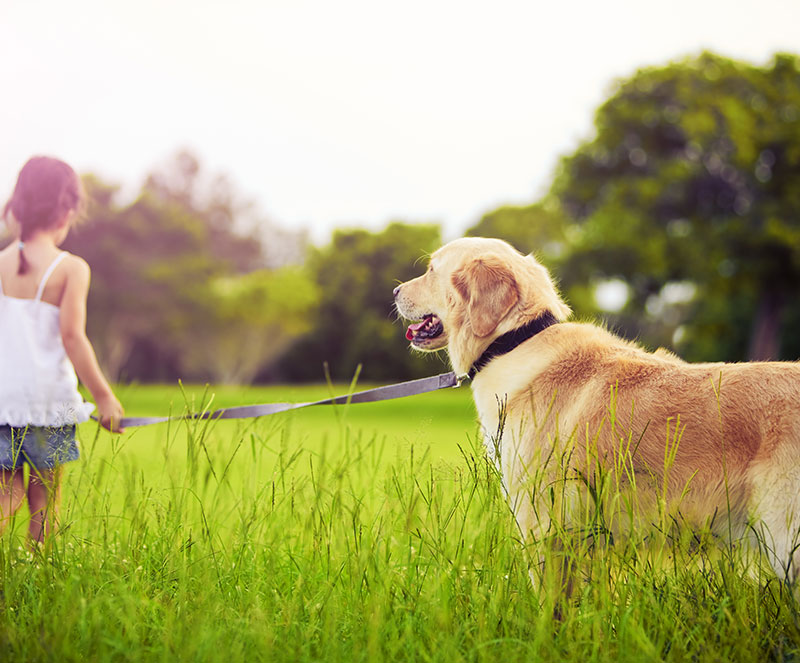
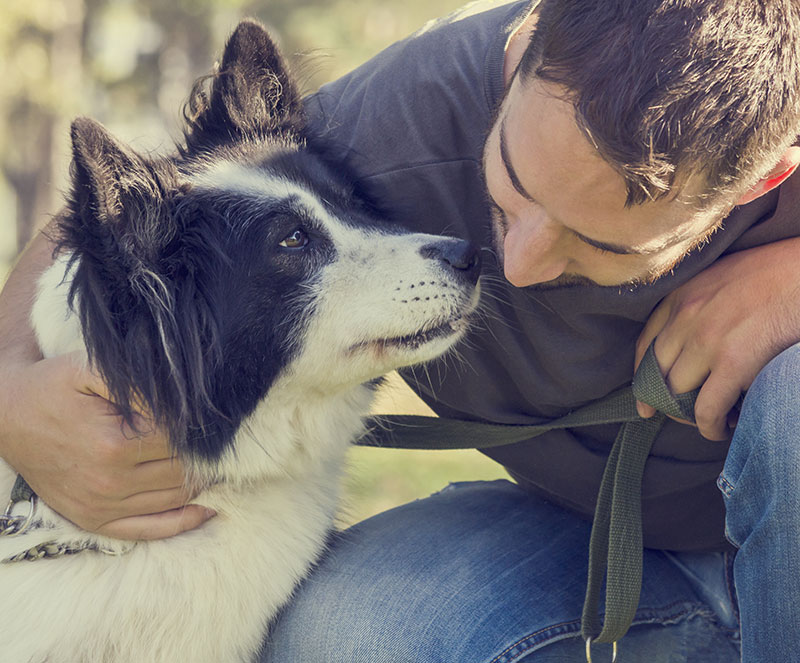
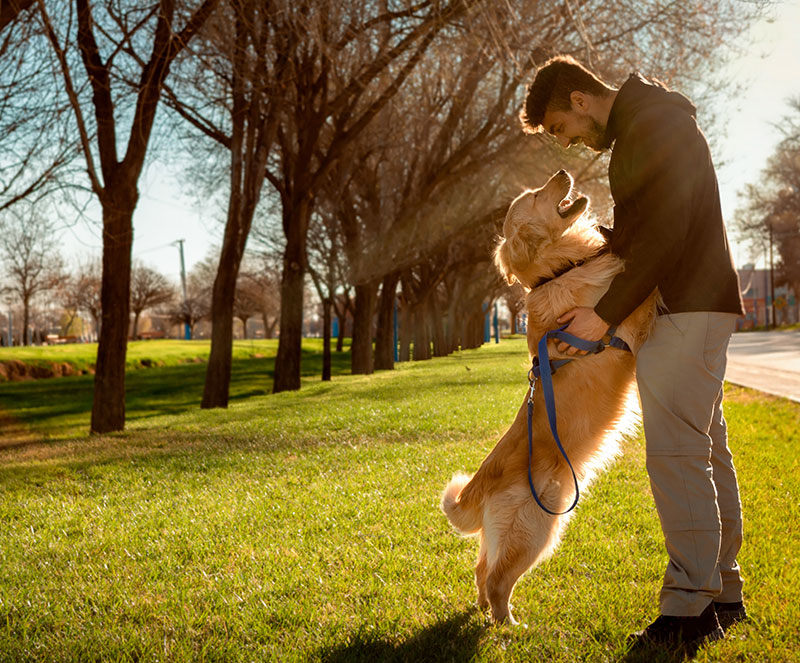

When you get a new pet, it’s imperative to get it checked out by your vet. If your new furry friend is young, your vet will likely recommend spaying or neutering the animal. However, some pet owners may not understand why it’s necessary.
Our pets can suffer from allergies just like people. When the immune system mistakenly identifies a harmless substance (an allergen) as a threat and attacks it, this causes the symptoms we associate with allergies.
It’s normal for all dogs to lick their paws from time to time, as a part of their regular self-grooming routine. If yours, however, always seems to be licking or biting at its paws, it could be an indication of something deeper going on, and our veterinarian at Compassion Animal Hospital in Woodland Park can help you get to the bottom of it.
In the summer, pets can become overheated quickly which puts them at risk of suffering heat exhaustion (heatstroke). If not addressed promptly, heatstroke can cause permanent organ damage and even be fatal.

